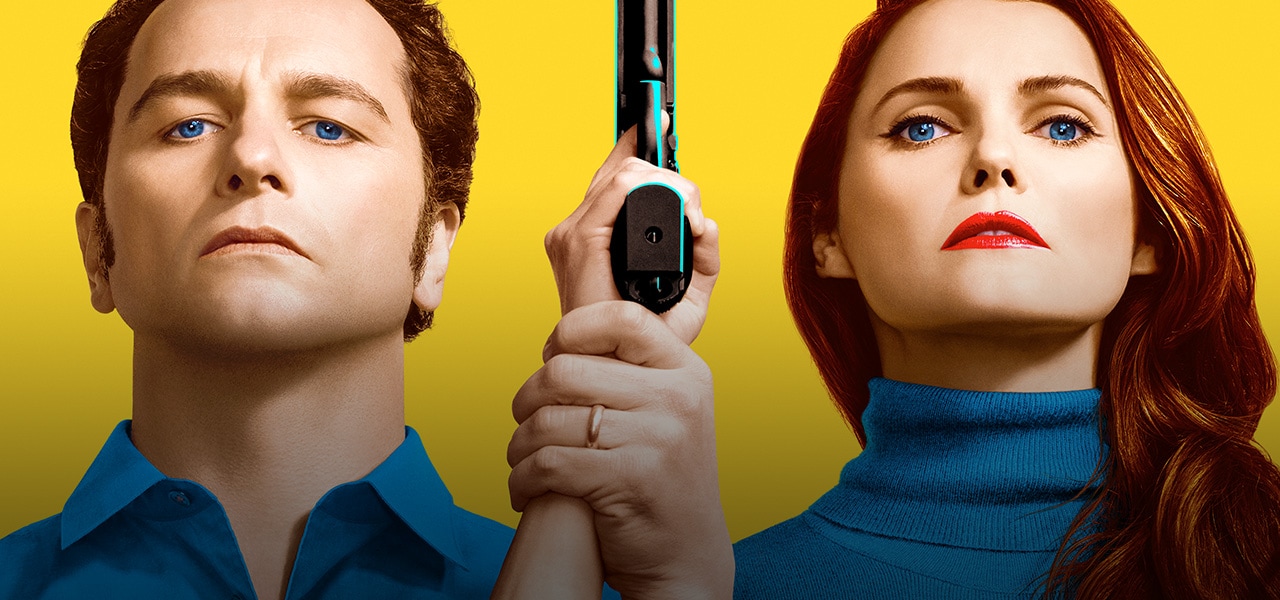(printed with permission from Kathleen Flake)
Academic material is not meant to be read. It is meant to be ransacked and pillaged for essential content. This means that you should never just sit down to read academic works as if they were novels or magazine articles. Academic study is not suited to such an approach, and the chances are you could spend hours reading and then not have a clue what you have been reading about (does that sound familiar?).
Rule #1 Never read without specific questions you want the text to answer. If you want your reading to stay in your memory, you must approach your text with a list of questions about the particular information you are after, and search the text for the answers to those questions. Don't just read with the hope that an answer will appear.
Rule #2 Never start reading at page 1 of the text. If there is a summary, a conclusion, a set of sub-headings, or an abstract, read that first, because it will give you a map of what the text contains. You can then deal with the text structurally, looking for particular points, not just reading ‘‘blind'' and so easily getting lost. Always keep in mind what you need, what is relevant to the question you are asking the text.
Rule #3 Think critically as you read. In reading academic texts you need to develop a personal (but nevertheless academic and rational) response to the article/ theory/ chapter through
(1) developing an understanding of the content and
(2) evaluating and critiquing the article. Therefore, before reading a text closely, read the introduction or abstract and skim read the text to give you a preliminary idea of what it is about. Then read it closely and critically. Some questions to help you read critically are:
a. What are the main points of this text?
b. Can you put them in your own words?
c. What sorts of examples are used? Are they useful? Can you think of others?
d. What factors (ideas, people, things) have been included? Can you think of anything that has been missed out?
e. Is a particular bias or framework apparent? Can you tell what 'school of thought' the author belongs to?
f. Can you work out the steps of the argument being presented? Do all the steps follow logically?
g. Could a different conclusion be drawn from the argument being presented?
h. Are the main ideas in the text supported by reliable evidence (well researched, non-emotive, logical)?
i. Do you agree or disagree with the author? Why?
j. What connections do you see between this and other texts?
k. Where does it differ from other texts on the same subject?
l. What are the wider implications——for you, for the discipline?
Rule #4 Treat critical reading as a skill which can be developed through practices, such as:
a. Taking notes of the text's main ideas and adding your own responsive comments.
b. Talking to others about what you have read.
c. Relating a given text to others in the syllabus by identifying similar or contrasting themes.
d. Explaining what the text means to a non-specialist and noting what you would have to add to make it intelligible? (This will help you to see the underlying, unstated assumptions.)
e. Asking yourself: "Is it possible to disagree with any of this?"
f. Asking yourself: 'How can I convince my peers/teachers that I understand what this is about?'





